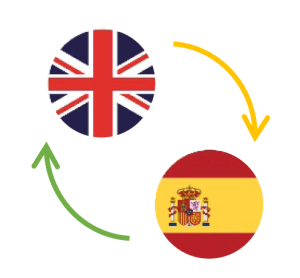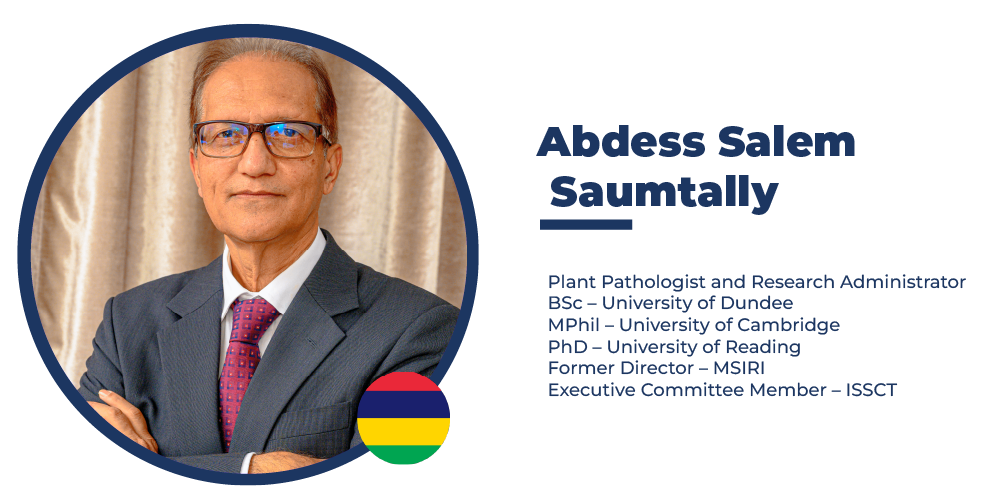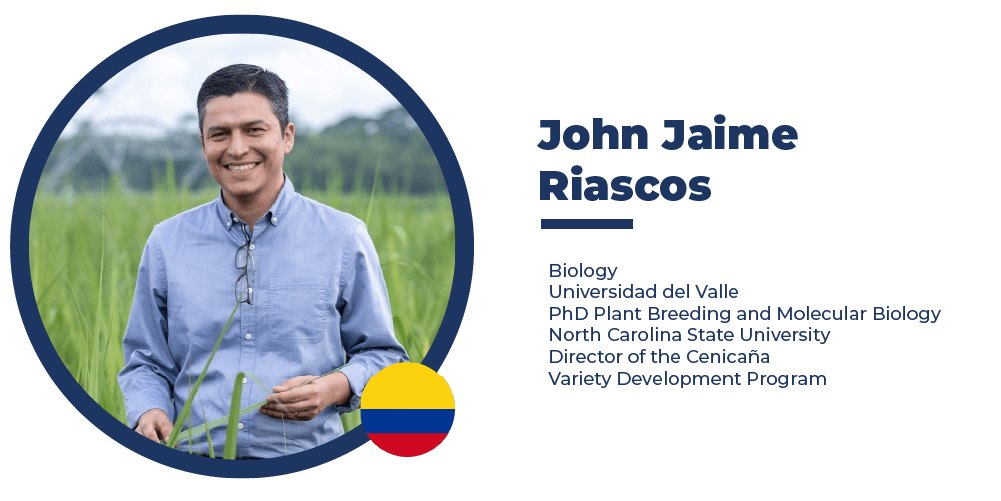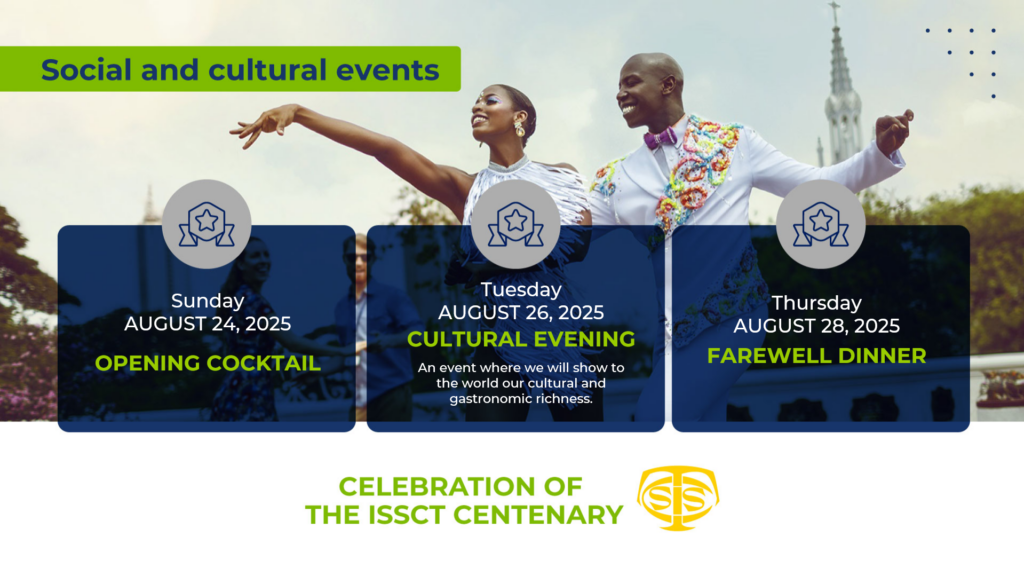The XXXII ISSCT Centennial Congress 2025, organised by Tecnicaña and the ISSCT, will offer an exceptional academic programme to celebrate 100 years of scientific and technological progress in the sugarcane agro-industry. From 24 to 28 August 2025, the Centro de Eventos Valle del Pacífico in Cali, Colombia, will become the global hub for knowledge exchange and innovation.
This historic edition will feature keynote presentations by internationally renowned plenary speakers, as well as over 100 technical papers and posters covering the most pressing topics in agriculture, factory operations, biology, Co-products and Management
Join a global community of researchers, technologists, and industry leaders committed to shaping the future of the sector through cutting-edge science and collaborative dialogue.
We look forward to welcoming you to Cali to be part of this milestone in the history of the International Society of Sugar Cane Technologists.

Experience the full congress without language barriers:
All conferences and academic activities will offer simultaneous interpretation.
KEYNOTE SPEAKERS





PLENARY SESSIONS
Climate and Sugarcane





Molecular Biology



Artificial Intelligence


Congress Fees
Includes: Participation in the academic agenda • Lunch & refreshments • Transpor: Airport – Hotel – Airport / Hotel – Venue – Hotel • Congress Memories • Welcome Kit • Participation in social and cultural events • Access Pass to Trade Exhibition • Certificate of attendance • Simultaneous Translation • Wifi Service
Until 31 July 2025
From 1 August 2025
